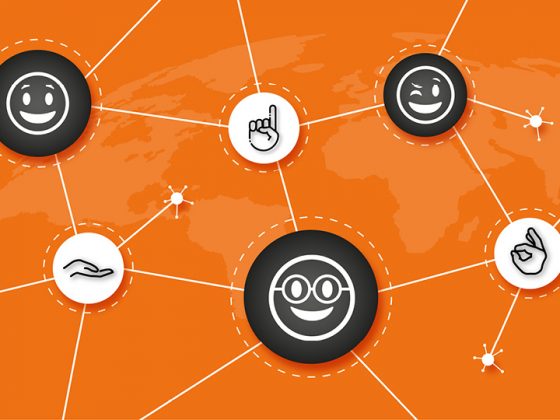
What does mental health mean?
According to the World Health Organization, mental health is “a state of well-being in which a person is able to realise his or her potential, cope with the normal stresses of life, work productively and contribute to his or her community”.1 Due to the Corona pandemic, many external circumstances are causing this state of well-being to become unbalanced. Permanent stresses, such as childcare at home, financial challenges and health concerns for elderly and sick relatives, create a state of mental emergency. If this state persists over the long term, it can have a major impact on a person’s mental health, depending on their individual stress level and disposition.
In general, the proportion of mental illnesses is growing. Today, they are the second most common group of diagnoses for sick leave or incapacity to work.2 In Germany, about 27.8% of the adult population is affected by a mental illness every year.3
What does mental health have to do with the Corona pandemic?
Working in a home office for longer periods of time and the associated floating boundary between professional and private life can easily cause a previously balanced work-life balance to develop negatively. In a study by the TU Chemnitz and Techniker Krankenkasse during the first pandemic-related lockdown in spring 2020, 60% of respondents said that there was no clear demarcation between home office and work life. One in four found this stressful.4 Although no increase in absenteeism due to psychological reasons is recorded, emotional exhaustion in the conflict between work and private life during the lockdown phases in the pandemic increased, especially among women working in the home office.5
Why managers play a key role:
When working at a distance, where communication largely takes place only via telephone calls, video conferences or chat, it is all the more important to increase the factors for a sense of community even across distance. From the perspective of science and practice, managers play a decisive role when it comes to the mental health of a company’s employees. In addition, managers have a duty of care within the framework of occupational health and safety and have a direct influence on the well-being of their employees through their personal leadership behaviour.6
What can managers do?
- Observe carefully!
Is there a change in the social behaviour, performance or quality of work of the employes? - Show interest in the employee’s personal situation!
Seek dialogue, inquire about personal well-being – and listen attentively. - Joint consultation meetings with each individual employee promote awareness and appreciation.
- If necessary, reduce psychological stress factors such as excessive work demands or time pressure.
- Build trust and provide sufficient room for manoeuvre as well as opportunities to monitor the work done.
- Exemplify healthy self-leadership and act as a role model.7
Sensing moods and building trust
In order to get a long-term feeling for the mood within the team and among individual employees, and to notice changes if necessary, the mood can be checked in meetings from time to time by a mood board. This is a graphic representation of different emotional states – the type of emotions or attitudes depicted varies. A range of terms from “motivated”, “in a good mood”, “tired” or “annoyed” to “exhausted” is recommended. The employees are then asked to assess their respective moods – this can also be done anonymously, as many digital meeting tools offer the possibility for all participants to mark something in a document. Nevertheless, this mood board should encourage employees to give honest answers and not give the impression that too much personal information needs to be revealed in the meeting. Depending on the team structure, it is also possible to use variations, such as emoticons, or more abstract things like weather conditions “sunny”, “cloudy”, “gloomy” or “stormy”.
With all the help and possibilities, however, it is also important for managers to set a good example. To keep an eye on one’s own mental health, regular self-reflection on one’s own work-life balance is necessary. In order to support managers in this, employers are called to action. At LAPP, strengthening self-responsibility and self-reflection is therefore an integral part of every personnel development offer for employees with leadership responsibility.
______________________



